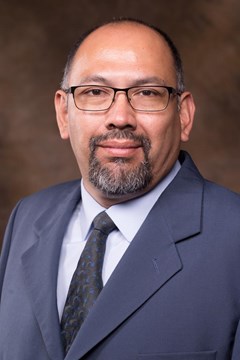Educating LatinX Students

Educating LatinX Students: Equity and Inclusion as Pedagogical Approaches in the American South
HNRC 300VH (029)
THURSDAYS, 11:00 a.m.-12:15 p.m., SPRING 2022
GEAR 129
Note: No application required. This is a one-credit course. Only register for one hour of credit.
This course delves closely into the social, economic, and population changes that have taken place in the US South. It focuses on issues associated to the shift of Latinos’ settlement patterns, from historical places – e.g. Mexicans in the Southwest, Puerto Ricans in the Northeast, Cubans in Florida, and Central Americans in California – to the South as a relatively new destination. To understand this subject, a theory that situates structure as constraint and individual action as human agency remains relevant; it encourages social scientists to consider structure and individual action as two mutually shaped and affected – but opposing – systems. The principles of this approach help distinguish the roles larger social structure play in terms of the context of reception – immigration policies, labor prospects, and ethnic community resources – on shaping migrant life in the U.S. South, and help identify the mechanisms immigrants use – based on available options – in adapting to a new place.
About Juan José Bustamante:
Juan José Bustamante is an Associate Professor of Sociology and Latin American and Latino Studies at the University of Arkansas. Born in Mexico City and raised in both Mexico and Texas, his line of research reflects an interest along themes of immigration and race with Latina/o and immigrant groups in southern communities. As a bilingual methodologist, his contribution to the Latinx initiatives include rigorous insights about qualitative research design and culturally competent instrument development. To advance this line of inquiry and data collection efforts, Juan José established in 2013 a collection of field notes, interviews, and photographs – a Life Histories Archive entitled The Southern Latino and Migrant Voices Project, both in English- and Spanish-language. The central idea is to document the impact of U.S. external, internal, and border migration policies on Latinx community life, as well as examining the responses Latinxs people and community organizations have adopted to address U.S. and Mexican human and civil rights violations against migrants.